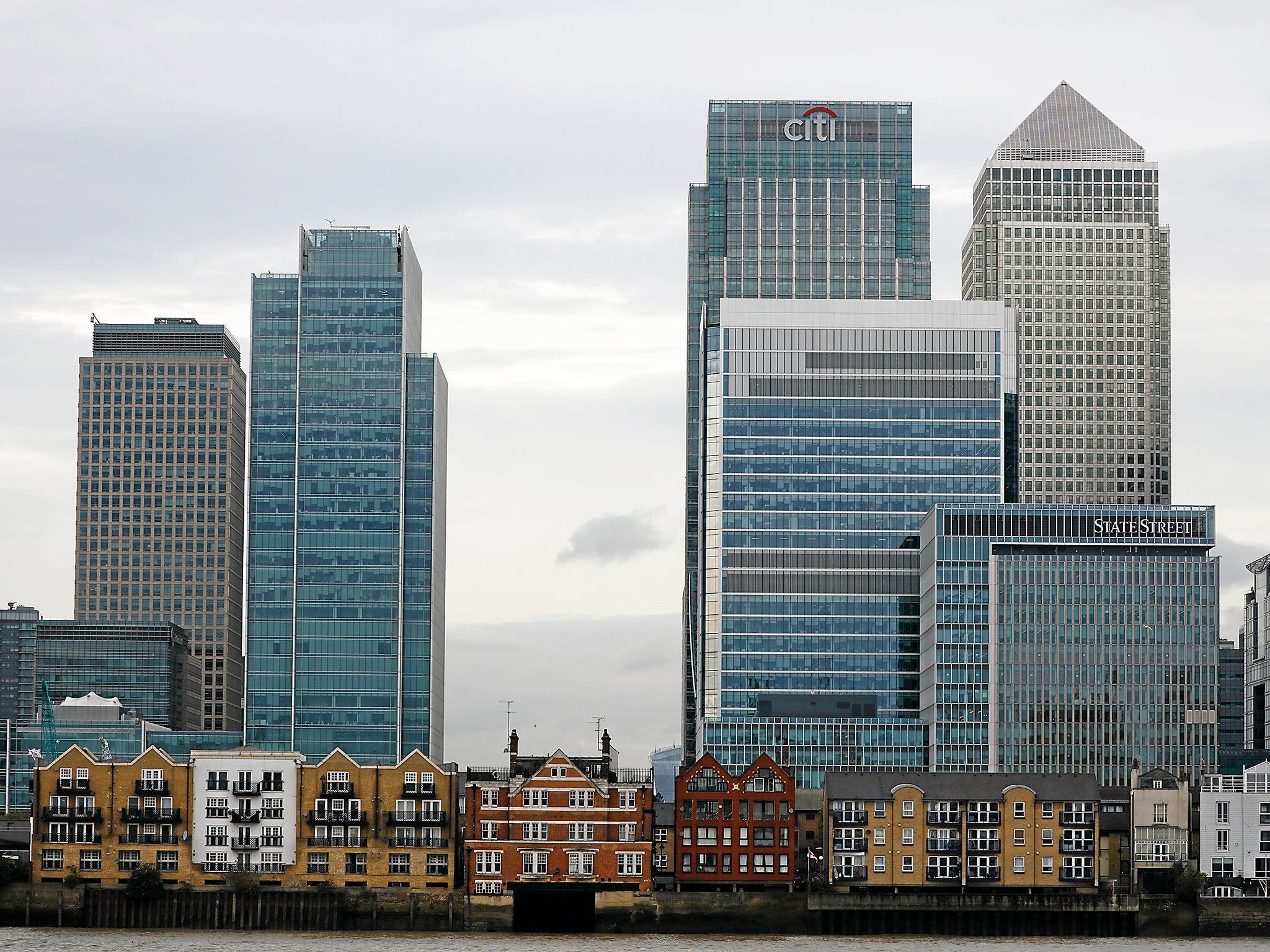MPs launch investigation to find new ways to clamp down on fat cat pay and corporate sexism
It follows record bonuses and scandals relating to BHS and Sports Direct

Your support helps us to tell the story
From reproductive rights to climate change to Big Tech, The Independent is on the ground when the story is developing. Whether it's investigating the financials of Elon Musk's pro-Trump PAC or producing our latest documentary, 'The A Word', which shines a light on the American women fighting for reproductive rights, we know how important it is to parse out the facts from the messaging.
At such a critical moment in US history, we need reporters on the ground. Your donation allows us to keep sending journalists to speak to both sides of the story.
The Independent is trusted by Americans across the entire political spectrum. And unlike many other quality news outlets, we choose not to lock Americans out of our reporting and analysis with paywalls. We believe quality journalism should be available to everyone, paid for by those who can afford it.
Your support makes all the difference.Spiralling executive pay, the low number of women on boards and poor corporate governance in the UK will be the focus of a major new inquiry being launched by MPs.
Their investigation is also set to explore how workers can be better represented in the board room, something Theresa May has hinted she also wants to look at.
It follows figures revealing that executives in the UK took more than £44bn in bonuses last year.
The Business, Innovation, and Skills Committee headed other recent inquiries into scandals surrounding the sale of BHS and the treatment of workers at Sports Direct.
It will now aim to suggest how laws can be re-written to ensure British firms act in the interest of the country.
Chair Iain Wright said: “Private [companies] are vital to the UK’s future prosperity and contribute to the funding of our schools, hospitals and infrastructure.
“Irresponsible business behaviour and poor corporate governance certainly act against the interests of workers, but they also act as a brake on long-term prosperity and profitability in companies, as well as tarnishing the reputation of business and undermining public trust in enterprise.”
He said the committee would explore new laws that govern business and how they are enforced.
In April, 59 per cent of BP shareholders voted against a 20 per cent pay-rise for chief executive Bob Dudley, worth £14m, but it was not binding and he received it despite the firm’s falling profits.
The High Pay Centre think tank released a study in August which showed that, on average, chief executives were paid 140 times more than their employees. It also found no women were in the top 10 highest paid chief executives.
The committee will look on what further measures can be adopted to tackle gender inequality on boards and improve how workers are represented on remuneration committees.
Labour MP Mr Wright said: “We on the committee are also keen to explore the issue of ever growing pay increases to executives, especially when there often seems to be very little connection with company performance or any pay rises to the vast majority of employees.”
The committee will look at whether executive pay should take account of long-term performance and its relation to more junior employees’ pay.
Mrs May has promised proposals in the next few weeks on clamping down on poor corporate behaviour.
Simon Walker, director general of the Institute of Directors, said the reputation of corporate Britain has not recovered from the financial crisis.
He added: “The Prime Minister has made clear that company boards are in her sights, so directors must fully engage in this debate.”
TUC general secretary Frances O’Grady said: “This inquiry is important and timely and the TUC welcomes the opportunity to contribute to the committee’s discussions.”
Total business bonus payouts in the year to the end of March rose 4.4 per cent to £44.3bn according to Office for National Statistics figures – with the biggest cash payments still going to the financial services sector. The total in cash terms beat the record of £42.5bn.
Join our commenting forum
Join thought-provoking conversations, follow other Independent readers and see their replies
Comments